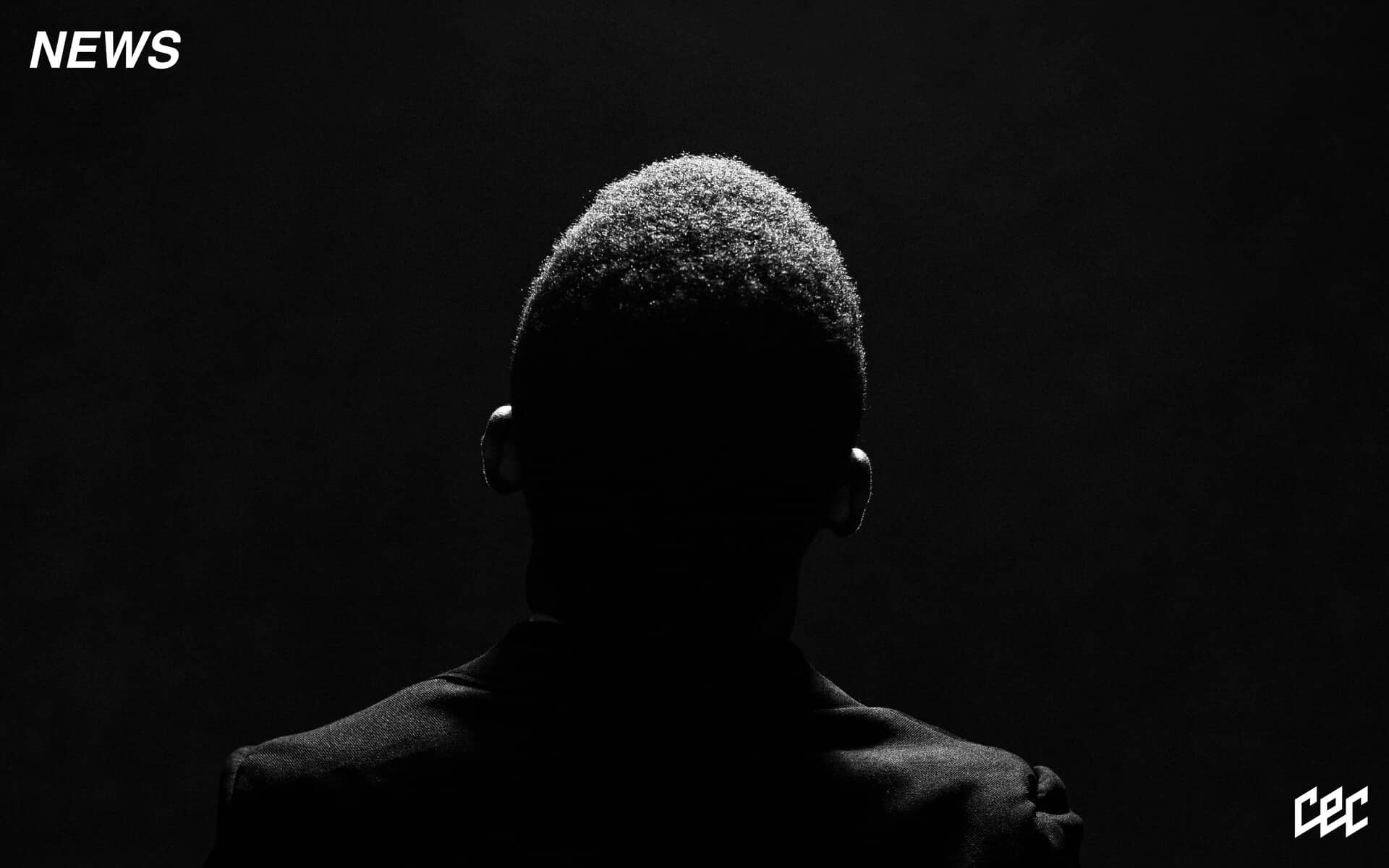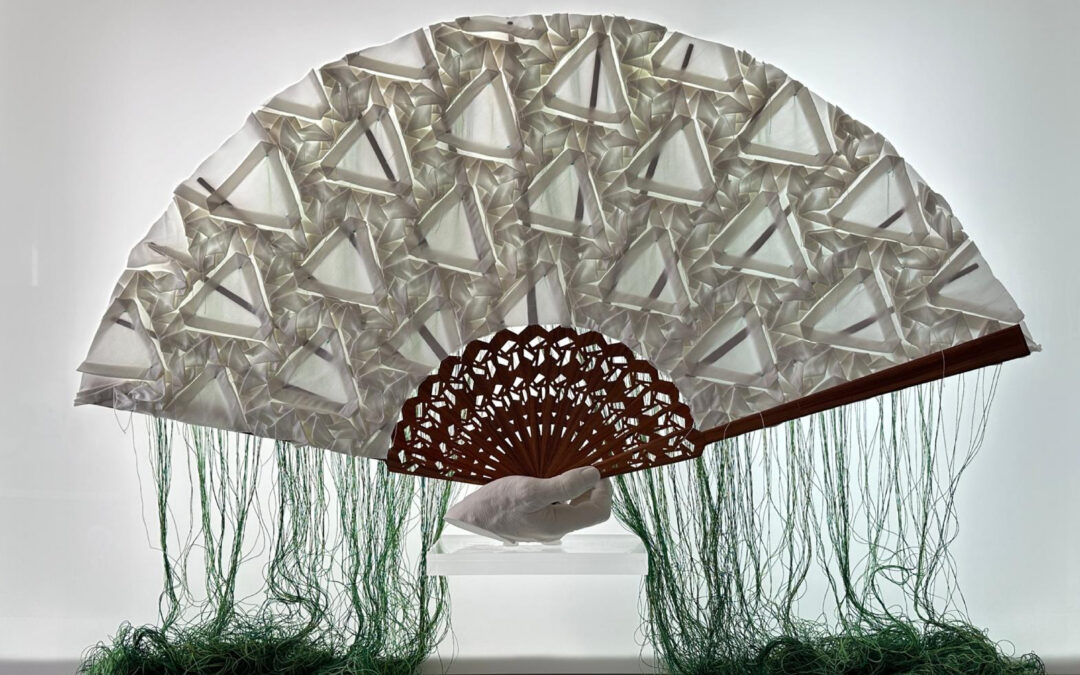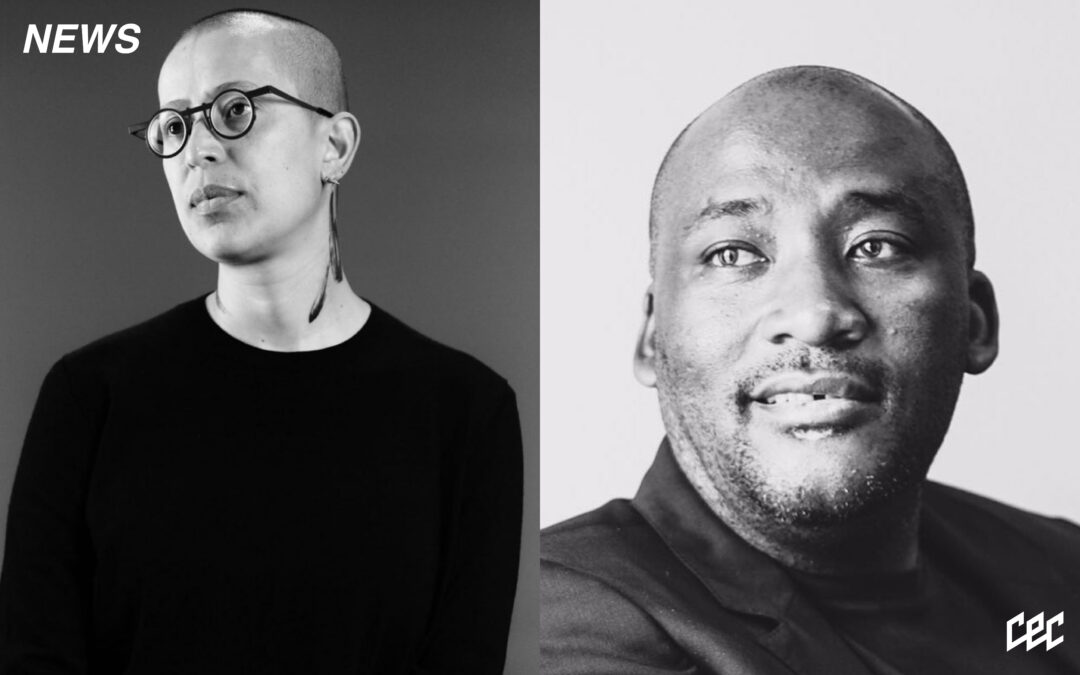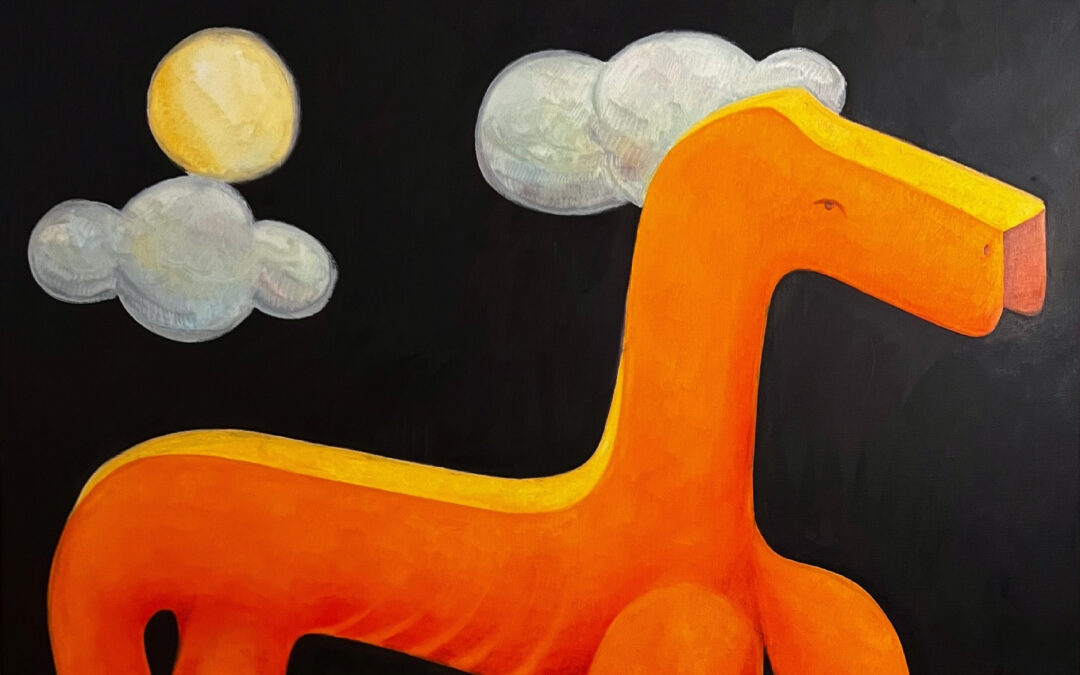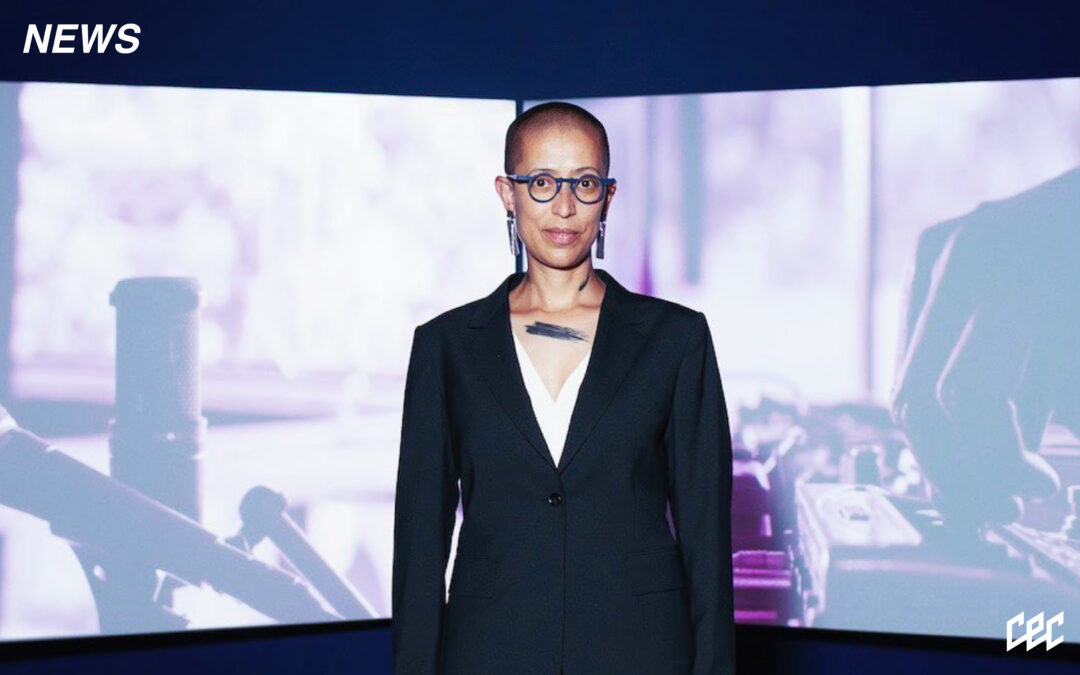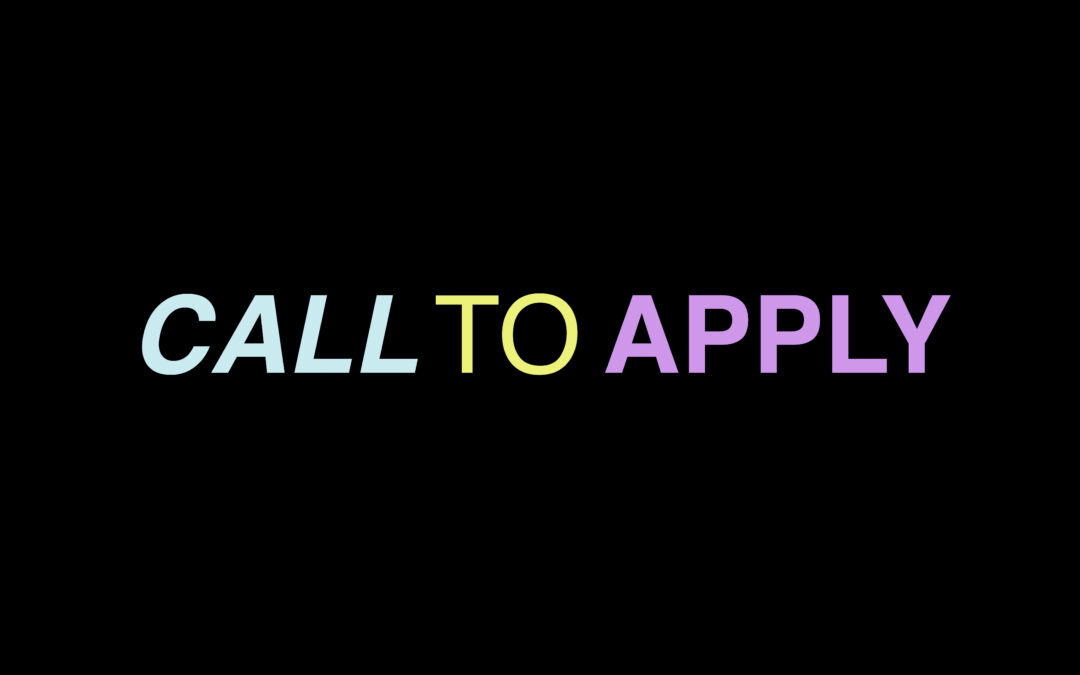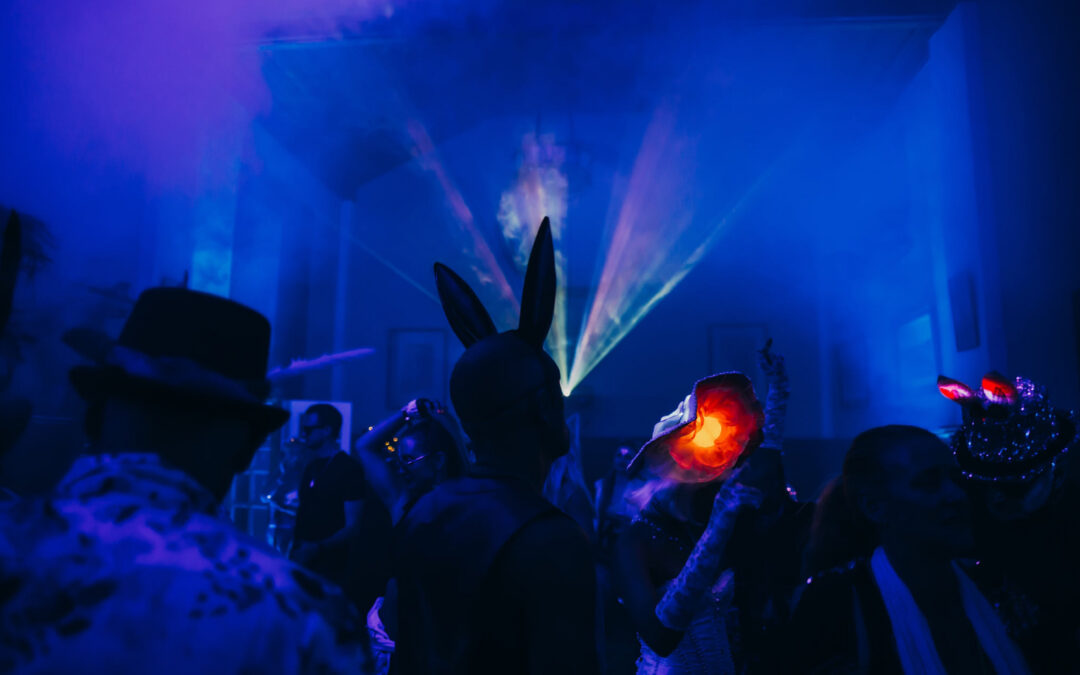June marks Men’s Mental Health Month, a critical time to examine the emotional landscape of men in South Africa with compassion and care. Instead of diminishing the needs of women or queer communities—whose mental health concerns remain critically important—this awareness drive is designed to understand how patriarchal systems harm everyone, including men, and how redefining masculinity in a way that allows for vulnerability, connection, and emotional honesty can lead to better outcomes for all citizens; especially in a country such as ours, which is so deeply plagued by Gender-Based Violence.
In South Africa, mental illness is widespread and men are far less likely to seek help. According to the South African Stress and Health Survey, only 6.6% of men with mood disorders sought treatment in the past 12 months, compared to 18.5% of women. Suicide statistics reveal a grim pattern internationally; where it is reported by the World Health Organisation that nearly 80% of suicides world-wide are by men. Plagued by social stigma, the pressures to ‘man up,’ and the persistent myth that strength equals silence all contribute to this devastating reality.
South African society often associates masculinity with emotional stoicism, resilience without support, and the pressure to provide at all costs. These outdated norms isolate men from one another and from themselves. For Black and Coloured men, the situation is often compounded by economic pressures, systemic inequality, and intergenerational trauma, while for Queer and Trans men, the path is complicated further by homophobia, marginalisation, and lack of tailored mental health resources.
What if masculinity could mean something different? What if being a man didn’t mean suppressing fear or sadness but instead, it meant learning how to move through those feelings with integrity and support? Healthy masculinity centres empathy and accountability; it honours relationships, acknowledges pain, and allows men to be fully human.
Mental health support that is tailored for men is a crucial part of this shift. PHOLA, founded by internationally renowned Narrative Therapist and Psychosocial Specialist Ncazelo Ncube-Mlilo, is a South African non-profit organisation dedicated to community-based healing and mental health support. Their Narrative Therapeutic methodologies are culturally sensitive and have been adopted in over 30 countries worldwide, and their flagship programme, PHOLA BABA, focuses on supporting men—both adults and young men—as they address the psychological impact of violence, abuse, and crime in their lives. The programme creates safe, structured spaces for men, and “the programme provides opportunities for conversations with men that deconstruct harmful constructs about masculinity and manhood and forces men to be silent about their psychological and emotional pain born out of experiences of violence and abuse.”
The organisation notes that unresolved anger in men and boys is a key driver of violence and abuse, and the programme actively addresses this root cause. Through individual and group counselling, community dialogues, therapeutic camps, and a dedicated men’s shelter. These grassroots initiatives are powerful reminders that healing can begin in the community, and PHOLA demonstrates the importance of culturally relevant, peer-led approaches that build trust and safety.
Emotional literacy must be normalised in schools, workplaces, and homes. Boys should be taught that there’s no shame in crying, that there is no weakness in therapy, and there is no failure in asking for help. Role models—whether public figures or fathers and uncles—play an essential role here; when men see other men embracing emotional wellbeing, it opens the door for them to do the same.
We desperately need our public health infrastructure to rise to meet the challenge. Currently, mental health care in South Africa receives only about 5% of the national health budget, and most of that is spent on hospital-based care rather than community or preventative services. To truly support men, we need mental health resources integrated into everyday life: accessible, affordable counselling; support groups in townships and rural areas; mobile clinics; and digital platforms that reduce the stigma of walking into a therapist’s office.
Reimagining masculinity also means listening—to the experiences of queer men, men living with disabilities, working-class men, and those whose traumas are often invisible. It means holding space for grief and rage, for healing and growth, for softness and strength. When men move toward fuller, more emotionally available versions of themselves, the entire fabric of society can be strengthened.
If you or someone you know is struggling, there are many places to turn. The South African Depression and Anxiety Group (SADAG) offers 24/7 support, while organisations like PHOLA and the South African Federation for Mental Health provide community-based interventions and education. The LGBT+ Health Division at Groote Schuur Hospital in Cape Town is a leading space in public health advocacy and high-level care services, and offers a comprehensive range of services tailored to meet the unique health needs of gay, bisexual, transgender, and queer men, alongside its overall focus on all people across the gender identity and sexuality spectrum. Psychiatric facilities such as Akeso Netcare offer private mental health support, with most health care insurances in South Africa covering a portion of inpatient and outpatient mental health services, depending on your specific plan and benefits structure.
For public mental health care services, Valkenberg Hospital in Cape Town, Tara Hospital (H Moross Centre) in Johannesburg and Addington Hospital Psychiatric Unit in Durban are some of the key tertiary psychiatric facilities serving their respective regions, offering inpatient and outpatient support for individuals with serious mental health conditions. Here is a guide from National Government for the process on how to admit yourself to a government hospital, and there are multiple region-specific programs and non-profits that are seeking to bridge the gap in psycho-social education and support in South Africa.
This June, we hope to see a continued, progressive shift towards greater mental health awareness.
For more news, visit the Connect Everything Collective homepage www.ceconline.co.za

